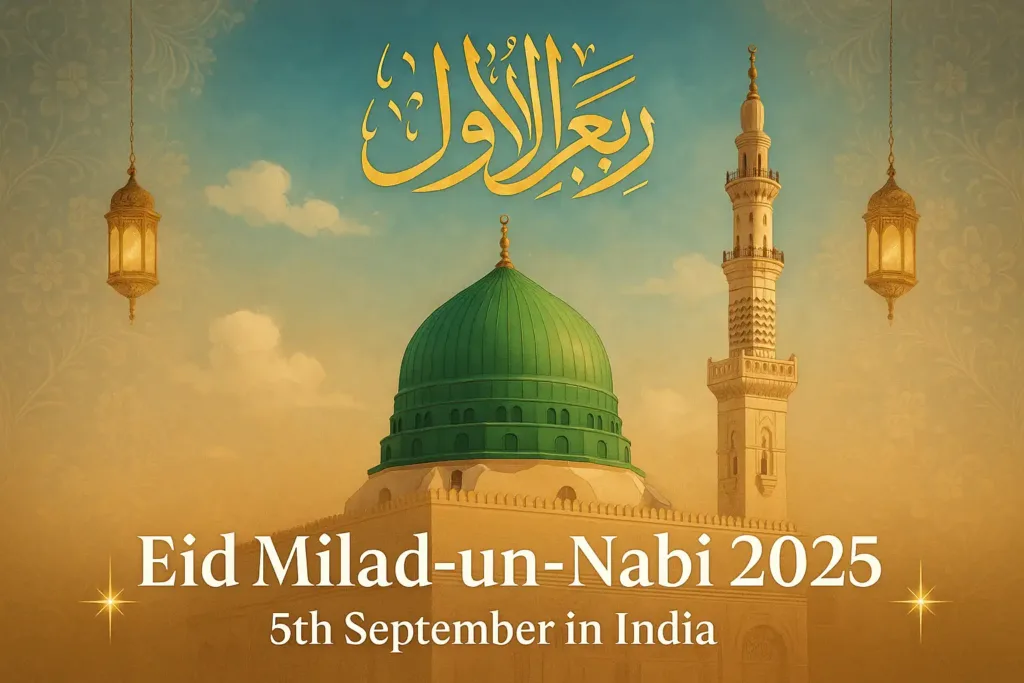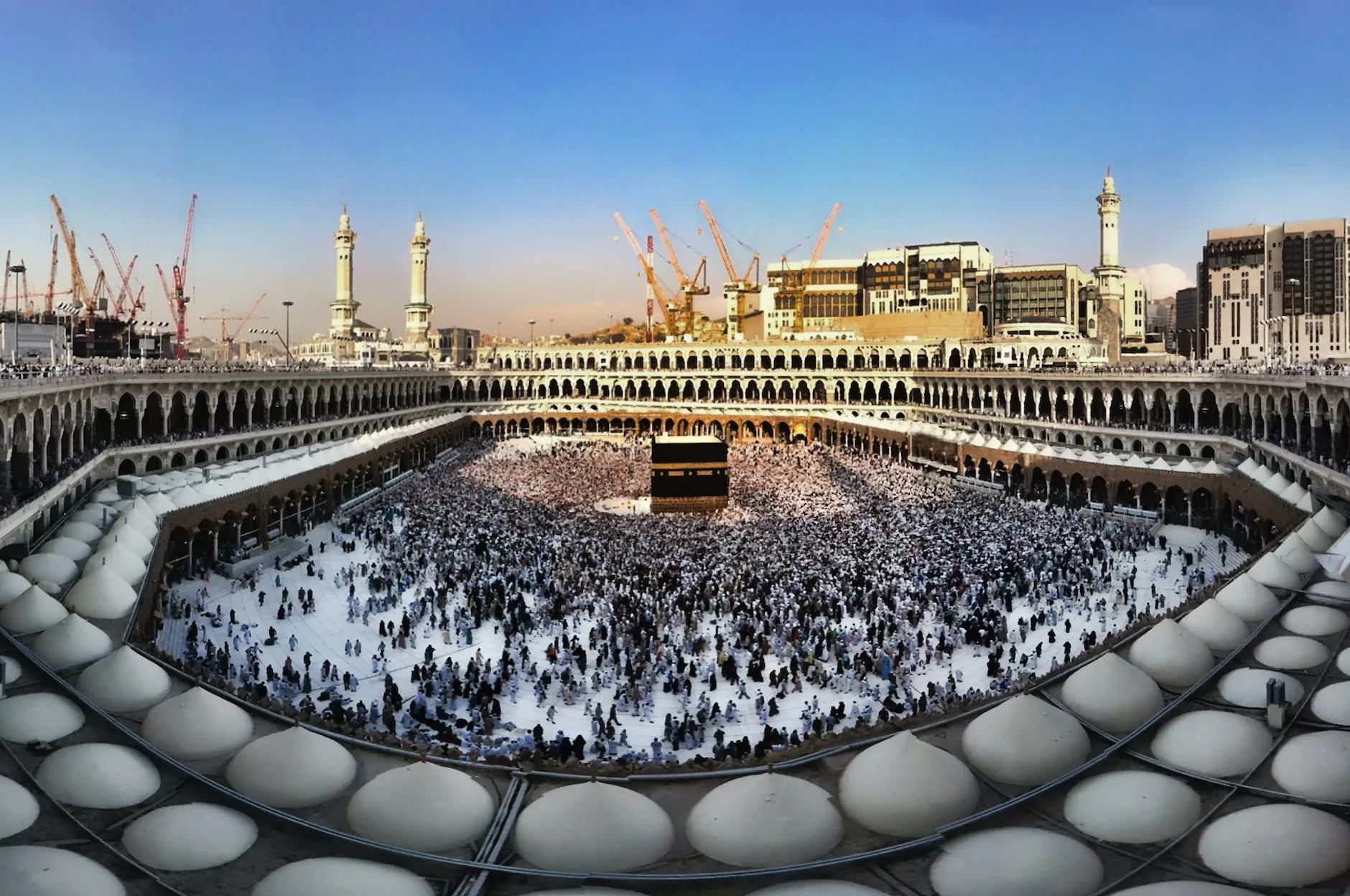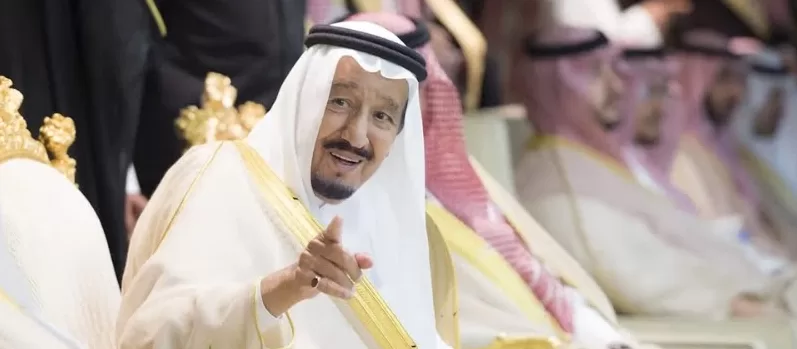Eid Milad-un-Nabi Date 2025 in India is 5th September.

Eid Milad-un-Nabi, also known as Mawlid al-Nabi or Milad-un-Nabi, is one of the most spiritual and emotional days for Muslims. It marks the blessed birth anniversary of Prophet Muhammad ﷺ, who came as a mercy to the whole world. On this day, Muslims recall his life, his Sunnah, and his noble mission of spreading Islam.
Every year, people look for the Eid Milad-un-Nabi date to prepare for this day. In India, it is not only a day of remembrance but also a gazetted public holiday in most states. In this blog, we will share the Eid Milad-un-Nabi date 2025 in India, its importance, celebrations, history, and frequently asked questions in a simple and authentic way.
Eid Milad-un-Nabi Date 2025
According to the Islamic Hijri Calendar, the Prophet Muhammad ﷺ was born on the 12th day of Rabi’ al-Awwal, the third month of the Islamic year.
In 2025, the 12th Rabi’ al-Awwal 1447 AH will fall on:
- Friday, 5th September 2025 in India.
This means Muslims across India will celebrate the Eid Milad-un-Nabi date 2025 in India on Friday, 5 September 2025. In other parts of the world, depending on moon sighting, it may also begin from the evening of Thursday, 4 September 2025.
Thus, the authentic date for Eid Milad-un-Nabi 2025 in India is Friday, 5th September 2025.
Importance of Eid Milad-un-Nabi
Eid Milad-un-Nabi is not just about remembering the day the Prophet ﷺ was born, but about reflecting on why he was sent to this world. Allah says in the Qur’an:
“And We have not sent you, [O Muhammad], except as a mercy to the worlds.”
(Surah Al-Anbiya, 21:107)
The Prophet ﷺ taught humanity how to live with peace, kindness, patience, and justice. His life is a complete example for every Muslim. Celebrating his birth means reminding ourselves of his teachings and striving to live according to his Sunnah.
How Muslims Celebrate Eid Milad-un-Nabi in India
1. Prayers and Qur’an Recitation
Muslims spend the day reciting Qur’an, offering extra prayers, and sending peace and blessings (Salawat) upon the Prophet ﷺ.
2. Naats and Nasheeds
Beautiful naats (poetry in praise of the Prophet ﷺ) are recited in mosques and homes. These naats express the love of Muslims for their Prophet.
3. Charity and Helping the Needy
Charity is a big part of this day. Muslims distribute food, give clothes, and donate money to the poor and needy.
4. Milad Gatherings
In cities like Hyderabad, Lucknow, Delhi, Kolkata, and Mumbai, Muslims arrange Milad processions, lectures, and gatherings. Scholars talk about the life and character of the Prophet ﷺ.
5. Decorations and Joyful Spirit
Mosques, homes, and streets are decorated with green flags, lights, and banners. Green is the color connected with Islam and symbolizes peace.
The Story of the Prophet ﷺ’s Birth
The Prophet Muhammad ﷺ was born in Makkah in the year 570 AD, which is also known as the Year of the Elephant. His father, Abdullah, passed away before his birth, and his mother, Amina, lovingly cared for him for a few years before she too passed away. He was then raised by his grandfather Abdul Muttalib, and later by his uncle Abu Talib.
From childhood, he was known as Al-Ameen (the trustworthy) and As-Sadiq (the truthful). At the age of 40, he received the first revelation of the Qur’an from Angel Jibreel in the Cave of Hira. From then on, he carried the message of Islam with patience, wisdom, and courage.
His teachings changed the world and brought people out of darkness into the light of faith. Remembering his birth is a reminder that Allah blessed humanity with the most perfect guide.
Lessons from Eid Milad-un-Nabi
This day is not only about celebration but also about learning. Some of the key lessons we should take from this blessed day are:
- Spreading Peace: The Prophet ﷺ always promoted peace and forgiveness.
- Helping Others: He encouraged giving charity and supporting the weak.
- Truthfulness: He was known for his honesty and trustworthiness.
- Unity: He taught Muslims to stand together as one Ummah.
Celebrating Eid Milad-un-Nabi should inspire us to walk on his path in our daily lives.
FAQs about Eid Milad-un-Nabi Date 2025
1. What is the Eid Milad-un-Nabi date 2025 in India?
The date is Friday, 5 September 2025 (12th Rabi’ al-Awwal 1447 AH).
2. Is Eid Milad-un-Nabi a public holiday in India?
Yes, it is a gazetted public holiday in many Indian states. Schools, government offices, and banks often remain closed.
3. Why do Muslims celebrate Eid Milad-un-Nabi?
Muslims celebrate to remember the Prophet Muhammad ﷺ, his birth, his teachings, and his mercy for the world.
4. How is Eid Milad-un-Nabi celebrated in India?
It is celebrated with Qur’an recitation, prayers, charity, processions, Milad gatherings, and decorations.
5. Does the date of Eid Milad-un-Nabi change every year?
Yes, the date changes each year in the Gregorian calendar because it follows the Islamic lunar calendar.
Conclusion
Eid Milad-un-Nabi is a day of light, blessings, and reflection. It reminds us of the mercy Allah gave to this world by sending the Prophet Muhammad ﷺ. The authentic Eid Milad-un-Nabi date 2025 in India is Friday, 5 September 2025.
On this day, Muslims should not only celebrate but also focus on following the Sunnah—helping the poor, spreading peace, being truthful, and showing kindness. True love for the Prophet ﷺ is shown not only by words, but by living as he taught.
May Allah fill our hearts with love for the Prophet ﷺ and guide us to walk on his path. Ameen.


